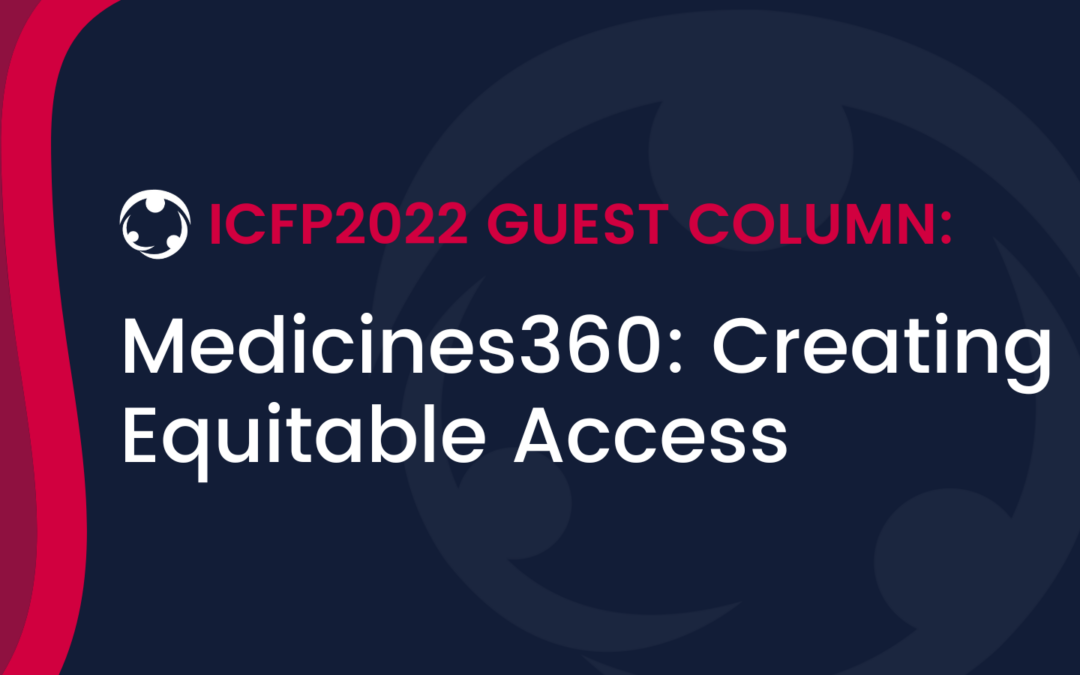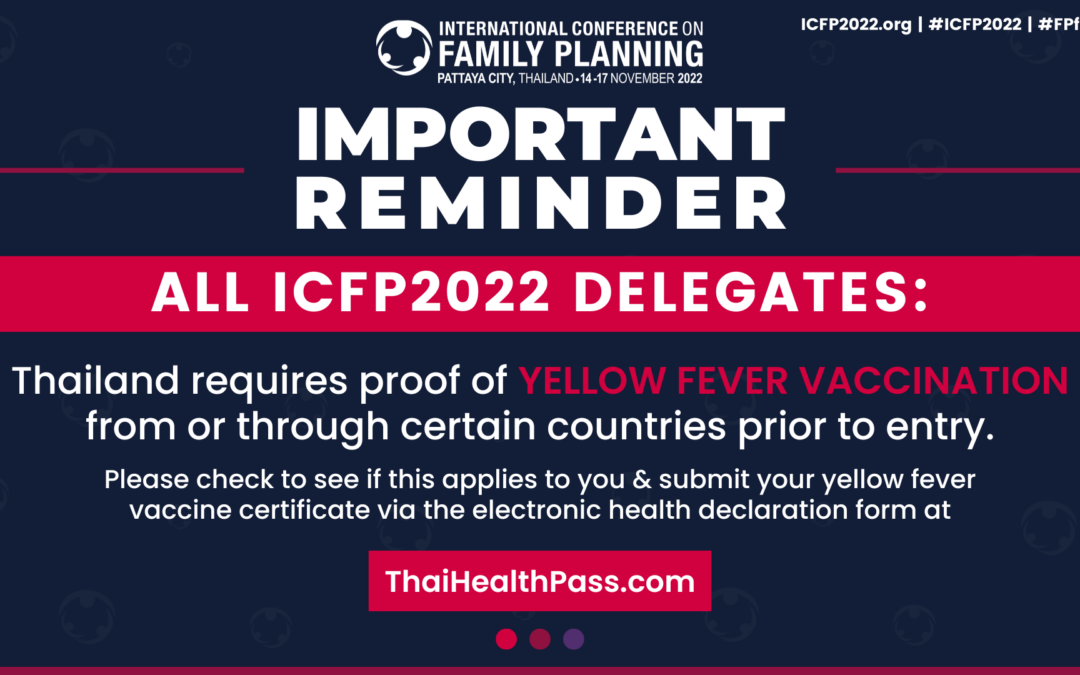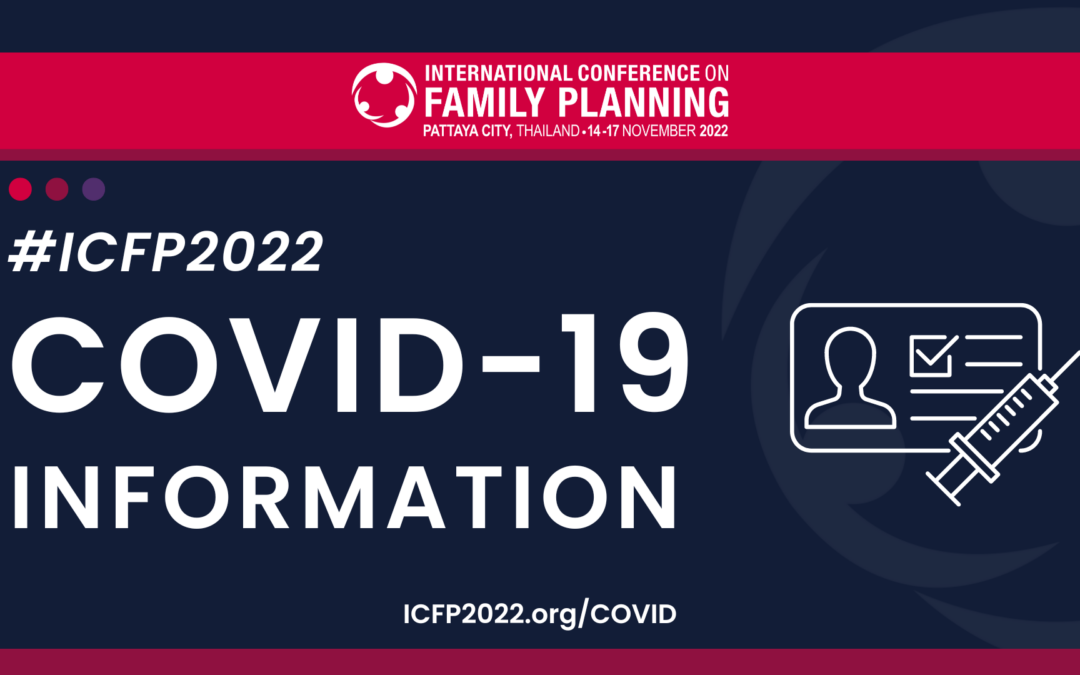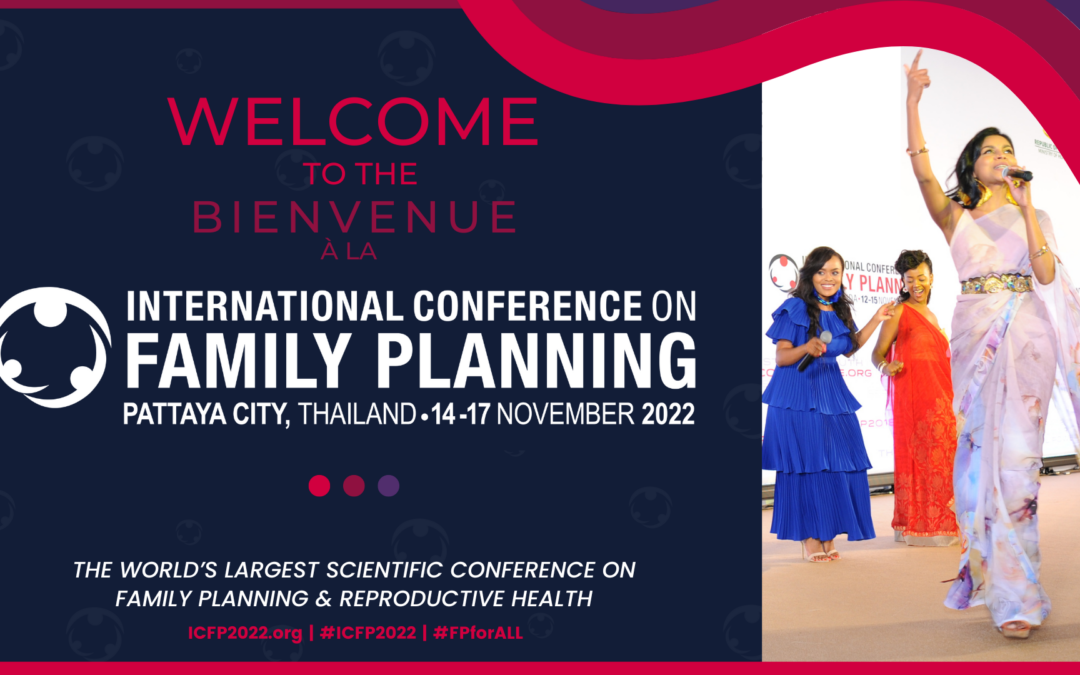By IPPF. Originally posted on IPPFEN.org
No matter where we live, what we look like, or what income we might have, this pandemic affects us all. But we have to recognize that people are impacted in different ways.
Social norms and economic realities put a heavy caregiving burden on women, with greater pressure to balance working from home with childcare and domestic work, and some employers reportedly being quicker to fire women than men. Women tend to have the most precarious jobs and the less well-paid ones, putting them at both immediate and longer-term risk of income loss and economic hardship.
Women also make up 70% of the health and social sector workforce, occupying jobs on the frontline in the fight against the pandemic, which puts them at high risk.
Restrictions on freedom of movement can place a huge mental health burden on any couple or family. The impact of this hardship on families already experiencing violence means that some women are trapped at home with abusive partners, exposing them and their children to increased levels of aggression.
Added to this, during public health emergencies, resources are urgently diverted from routine healthcare towards responding to the crisis. This means that many women, especially those in already vulnerable situations, are not able to access sexual and reproductive healthcare.
In a crisis we all need safety for ourselves and for those we care about. This means that all people must still be able to access the services that they need, including sexual and reproductive healthcare, which remains fundamental to our wellbeing.
What our members are doing to help in Europe and Central Asia
With healthcare systems overwhelmed, our members in Western and Eastern Europe and Central Asia are fighting to reach women and girls in need however they can. Digital care is continuing wherever possible, even as most of their clinics have had to be closed and community outreach activities shut down or severely limited in order to protect staff and the individuals that they serve.
Moments like these expose the deep roots of vulnerability in our societies, as young, poor and marginalised women and girls bear the brunt. Groups such as Roma, refugees and undocumented migrants, people with disabilities or mental illness, those living with HIV, the LGBTI+ community, single mothers, people who struggle financially, and homeless people are most likely to have their needs cast aside during the pandemic, with catastrophic impact on their health and wellbeing. Our members in Bulgaria, North Macedonia, Romania, and Serbia are continuing to work closely with community leaders and health mediators to reach those living on the margins of society.
From the Nordic countries to Eastern Europe, counselling on sexual and reproductive care is now being provided through any online means possible, via Skype, WhatsApp, chats, social media and telephone. Our members are using digital platforms to continue reaching communities to keep them informed about the impact of the pandemic on sexual and reproductive care, giving them tips on how to access contraception and abortion care, how to keep themselves safe from violence, or where to seek help, answering young people’s questions about relationships and sex, advising on STI and HIV testing and treatments.
Some members, in Portugal for instance, have managed to keep open lines of communication to offer support to the growing numbers of women affected by female-focused violence. Our partners in Croatia and Poland are trying their best to ensure that women in need can access shelters.
Crucially, during the crisis women continue to need timely access to safe abortion care, now more limited than ever. Some of our members are advocating to do away with unnecessary physical barriers, ensuring women can consult doctors online and access medicine remotely, and that abortion care is confirmed as essential and emergency care. Telemedicine and medical abortion at home help keep women safe, as has been recognised in recent days by the Irish and UK governments. Similarly, special measures should be put in place to facilitate access to contraception without prescription whenever possible. Governments must also continue to ensure prenatal care and safe delivery at a time when going to the hospital can be a frightening experience for all women.
Our lives do not stop in a crisis. Childbirth does not stop, sex does not stop, pregnancies, both intended and unintended, do not stop. As governments battle to respond to Covid-19, sexual and reproductive health and rights will continue to underpin lives being lived under lockdown.
IPPF members around Europe and Central Asia, as throughout the world, will continue to do their best to ensure that all people can lead safe and dignified reproductive lives.
As individuals, we can try to stay safe and stand in solidarity with those who need and provide healthcare. As a society, we must demand our governments do everything possible to protect everyone’s health, with no exceptions, leaving nobody behind.






